Mental Health First Aid
Tag: Self-Care
Read the latest blog posts and press releases from Mental Health First Aid to see the program’s impact on workplaces, schools and communities all across the country.
Press and media: To get in touch with our Public Relations team for your coverage, please visit our press page or contact Irene Tung at IreneT@TheNationalCouncil.org.
Get the Latest Updates from MHFA
SEPTEMBER 6, 2024
Resourceful, Resilient, and Remote Employees
Workplace Monthly
December 6, 12-5 PM EST & December 7, 12-3 PM EST
Venue Name @ City, State
Lorem ipsum odor amet, consectetuer adipiscing elit. Facilisis mi dui vitae commodo primis eleifend; scelerisque sem potenti. Ante mattis curabitur per sem; aliquam vestibulum ultrices. Conubia quam. Lorem ipsum odor amet, consectetuer adipiscing elit. Facilisis mi dui vitae commodo primis eleifend; scelerisque sem potenti.
RegisterSEPTEMBER 6, 2024
When They Might Need You the Most: Tips and Tools for Mental Health First Aiders in the Workplace
Workplace Monthly
December 6, 12-5 PM EST & December 7, 12-3 PM EST
Venue Name @ City, State
Lorem ipsum odor amet, consectetuer adipiscing elit. Facilisis mi dui vitae commodo primis eleifend; scelerisque sem potenti. Ante mattis curabitur per sem; aliquam vestibulum ultrices. Conubia quam. Lorem ipsum odor amet, consectetuer adipiscing elit. Facilisis mi dui vitae commodo primis eleifend; scelerisque sem potenti.
RegisterSEPTEMBER 6, 2024
Resourceful, Resilient, and Remote Employees
Workplace Monthly
December 6, 12-5 PM EST & December 7, 12-3 PM EST
Venue Name @ City, State
Lorem ipsum odor amet, consectetuer adipiscing elit. Facilisis mi dui vitae commodo primis eleifend; scelerisque sem potenti. Ante mattis curabitur per sem; aliquam vestibulum ultrices. Conubia quam. Lorem ipsum odor amet, consectetuer adipiscing elit. Facilisis mi dui vitae commodo primis eleifend; scelerisque sem potenti.
RegisterSEPTEMBER 6, 2024
Resourceful, Resilient, and Remote Employees
Workplace Monthly
December 6, 12-5 PM EST & December 7, 12-3 PM EST
Venue Name @ City, State
Lorem ipsum odor amet, consectetuer adipiscing elit. Facilisis mi dui vitae commodo primis eleifend; scelerisque sem potenti. Ante mattis curabitur per sem; aliquam vestibulum ultrices. Conubia quam. Lorem ipsum odor amet, consectetuer adipiscing elit. Facilisis mi dui vitae commodo primis eleifend; scelerisque sem potenti.
RegisterSEPTEMBER 6, 2024
When They Might Need You the Most: Tips and Tools for Mental Health First Aiders in the Workplace
Workplace Monthly
December 6, 12-5 PM EST & December 7, 12-3 PM EST
Venue Name @ City, State
Lorem ipsum odor amet, consectetuer adipiscing elit. Facilisis mi dui vitae commodo primis eleifend; scelerisque sem potenti. Ante mattis curabitur per sem; aliquam vestibulum ultrices. Conubia quam. Lorem ipsum odor amet, consectetuer adipiscing elit. Facilisis mi dui vitae commodo primis eleifend; scelerisque sem potenti.
RegisterSEPTEMBER 6, 2024
Resourceful, Resilient, and Remote Employees
Workplace Monthly
December 6, 12-5 PM EST & December 7, 12-3 PM EST
Venue Name @ City, State
Lorem ipsum odor amet, consectetuer adipiscing elit. Facilisis mi dui vitae commodo primis eleifend; scelerisque sem potenti. Ante mattis curabitur per sem; aliquam vestibulum ultrices. Conubia quam. Lorem ipsum odor amet, consectetuer adipiscing elit. Facilisis mi dui vitae commodo primis eleifend; scelerisque sem potenti.
Register

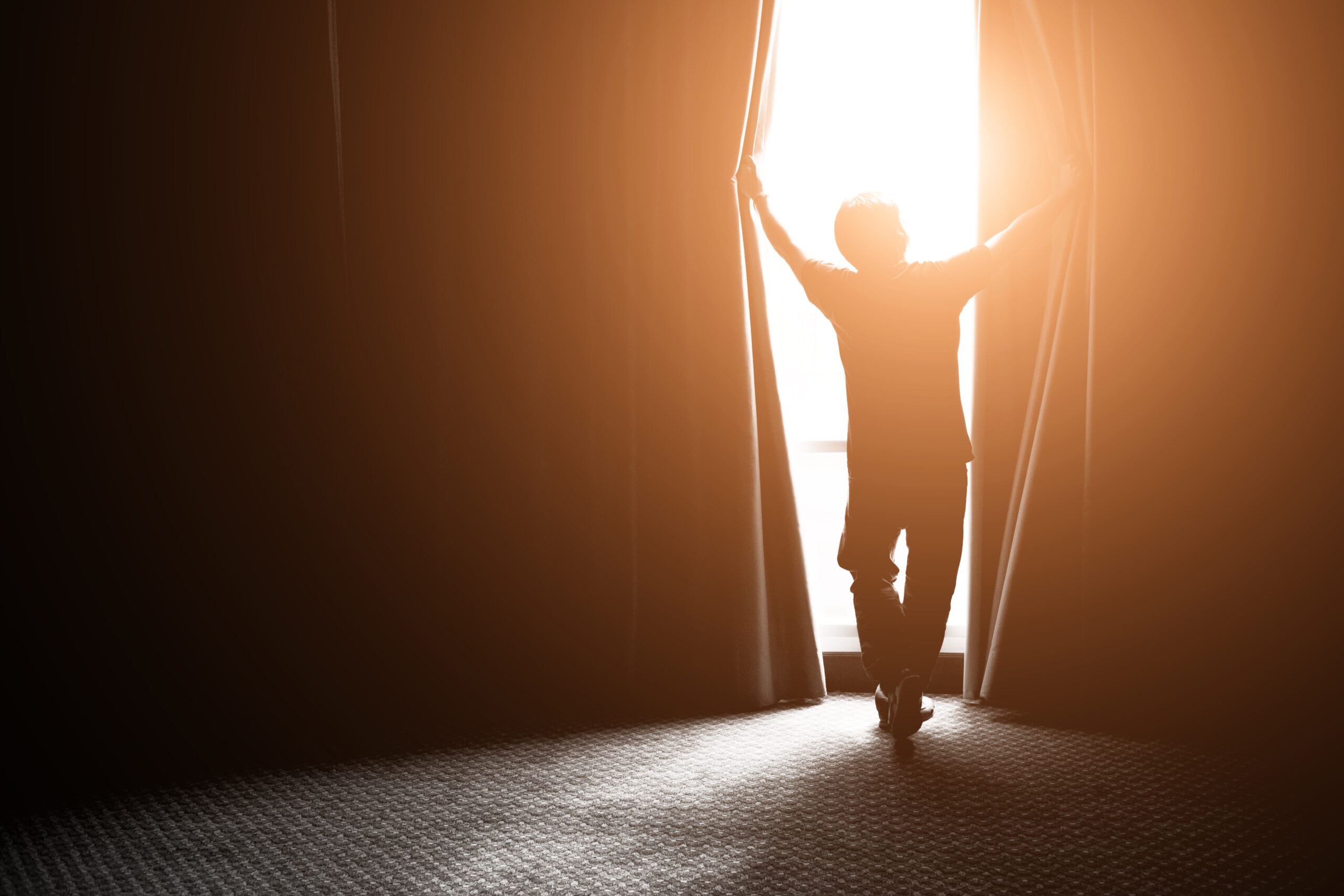
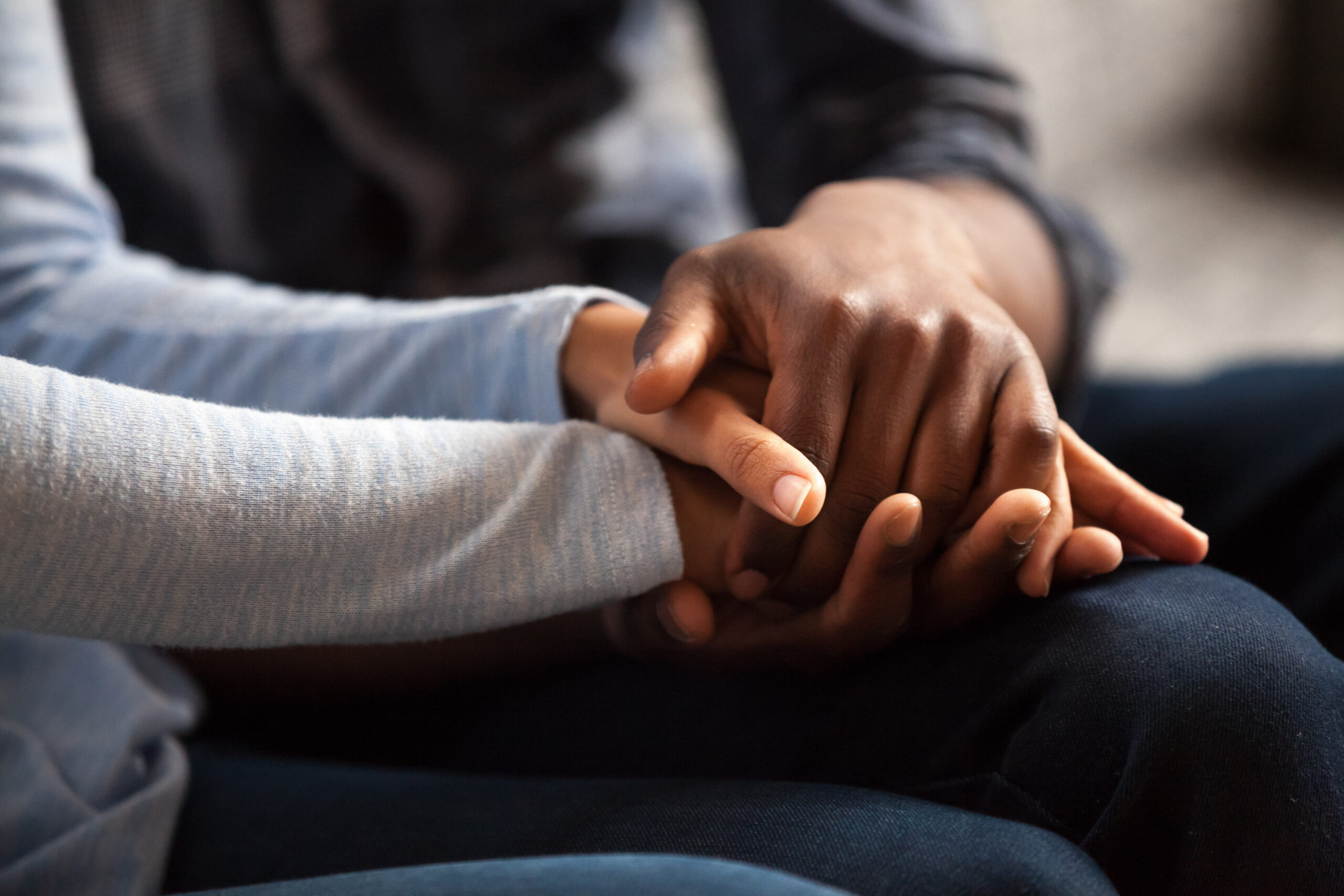
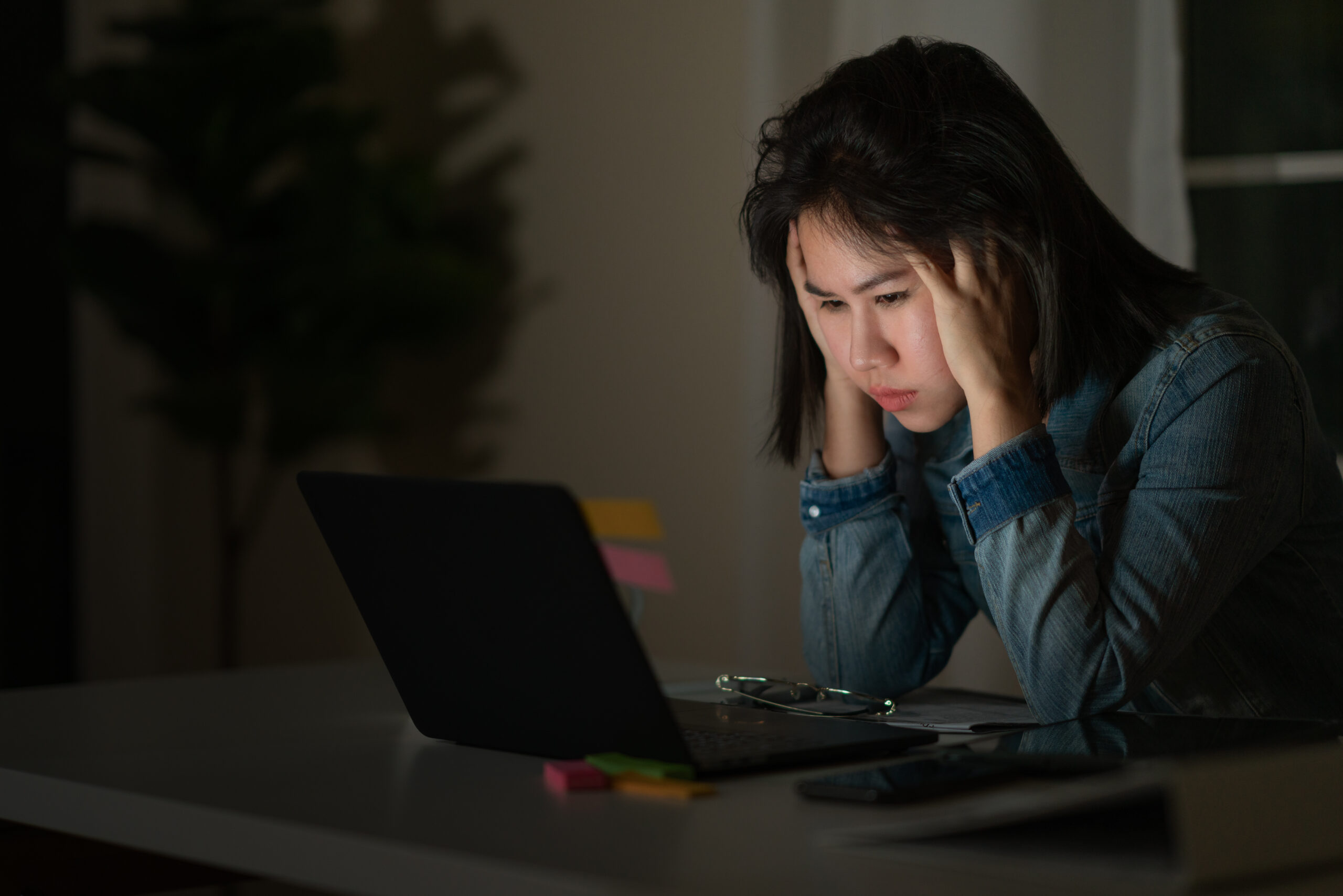
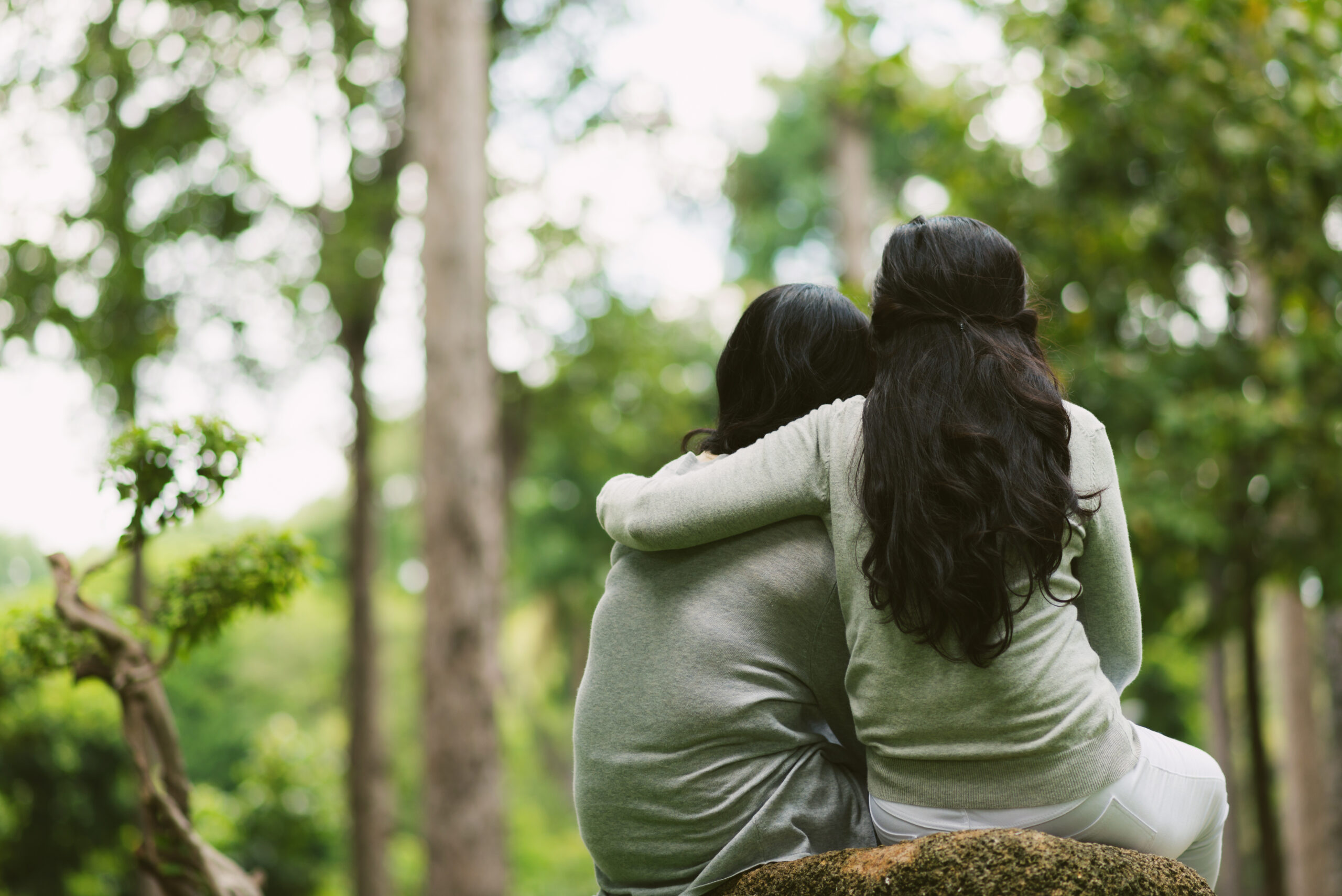
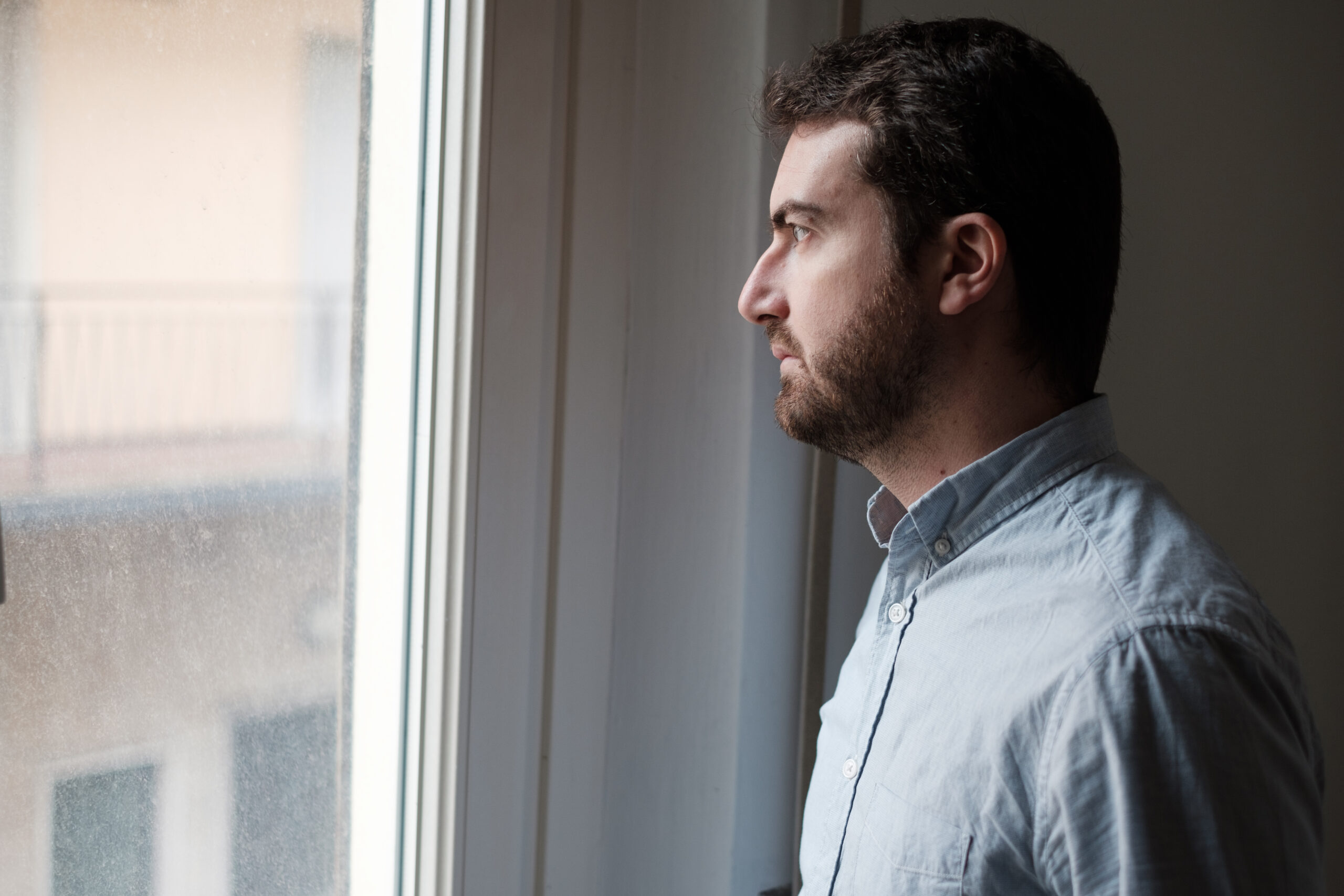








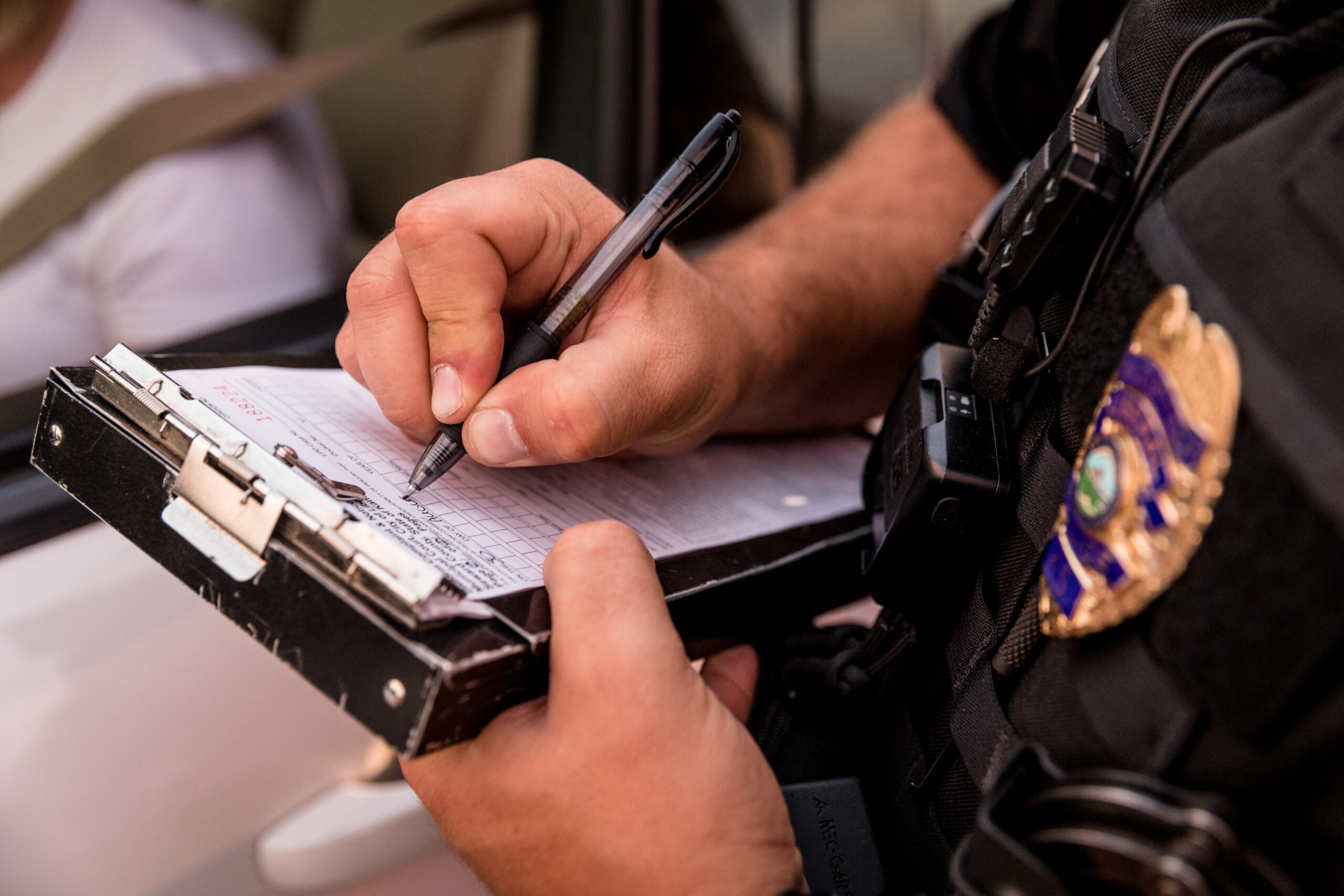
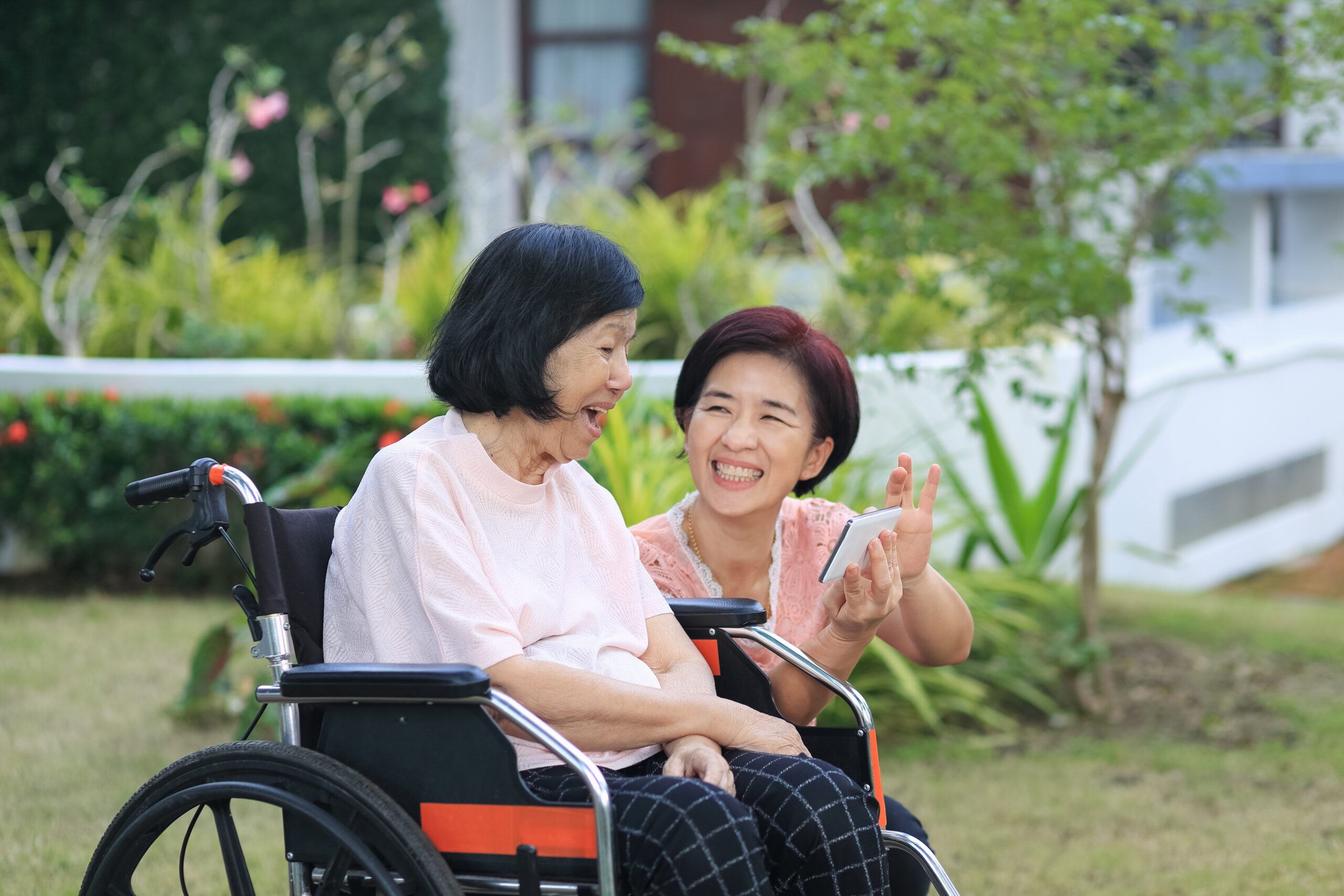
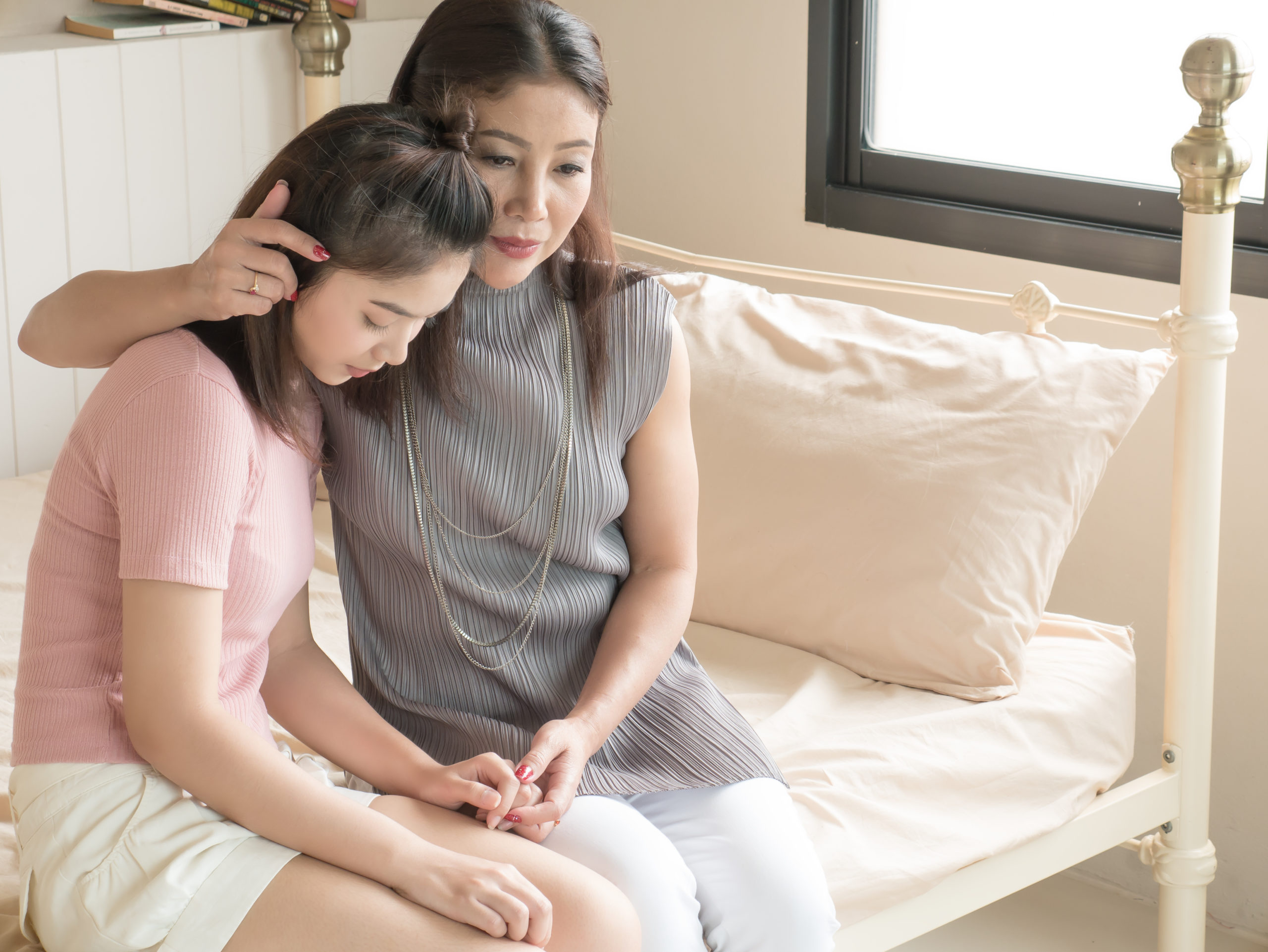



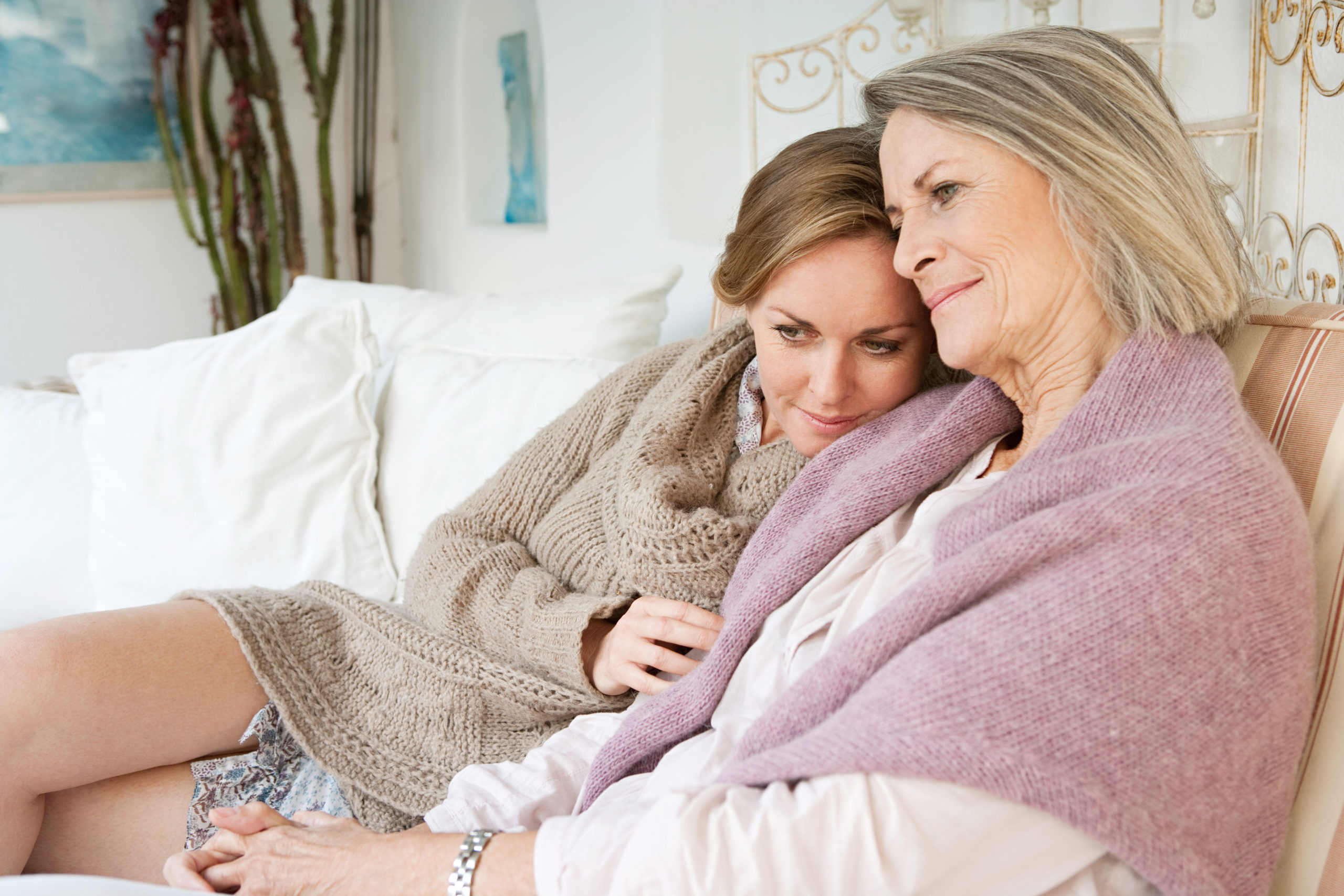
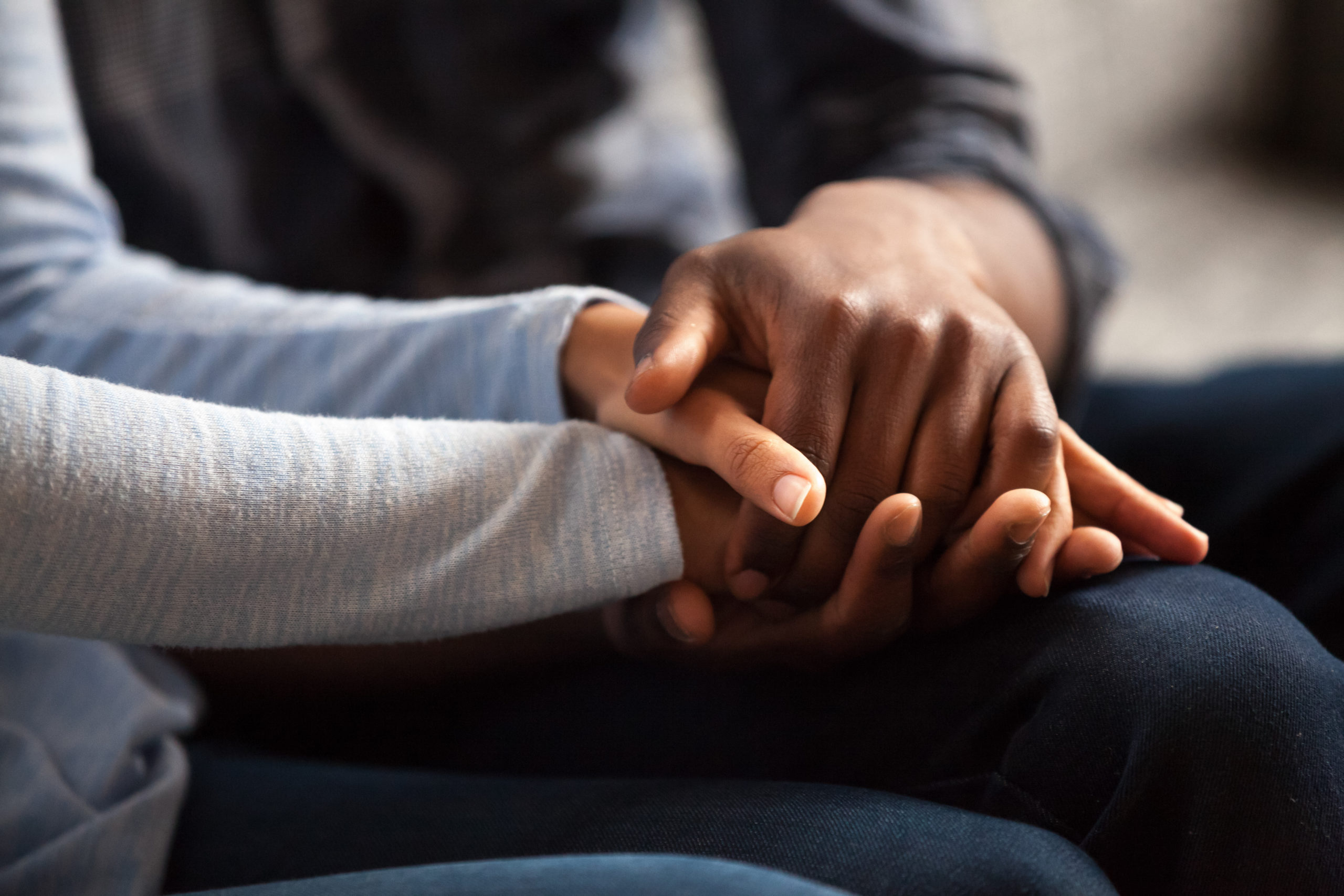


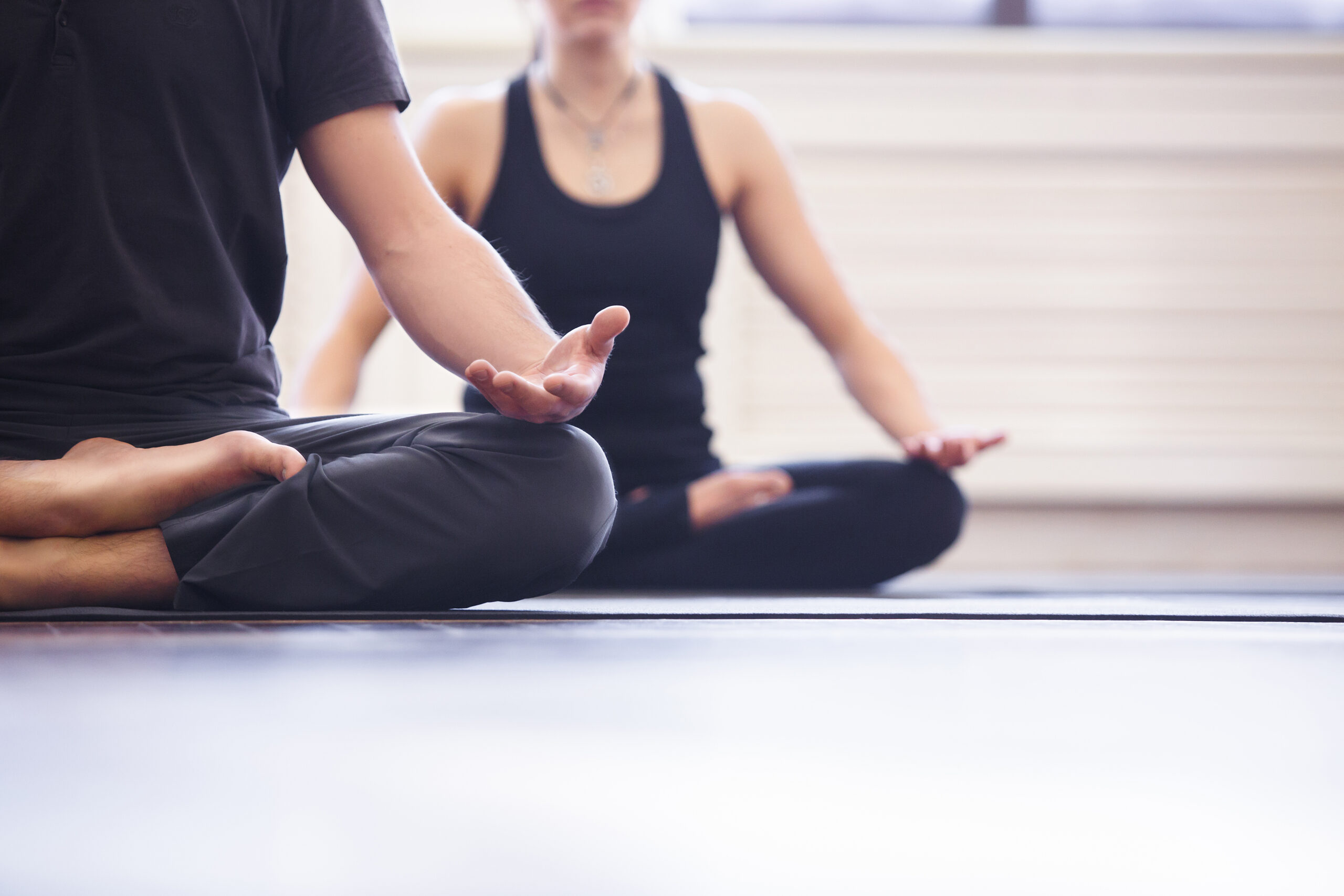
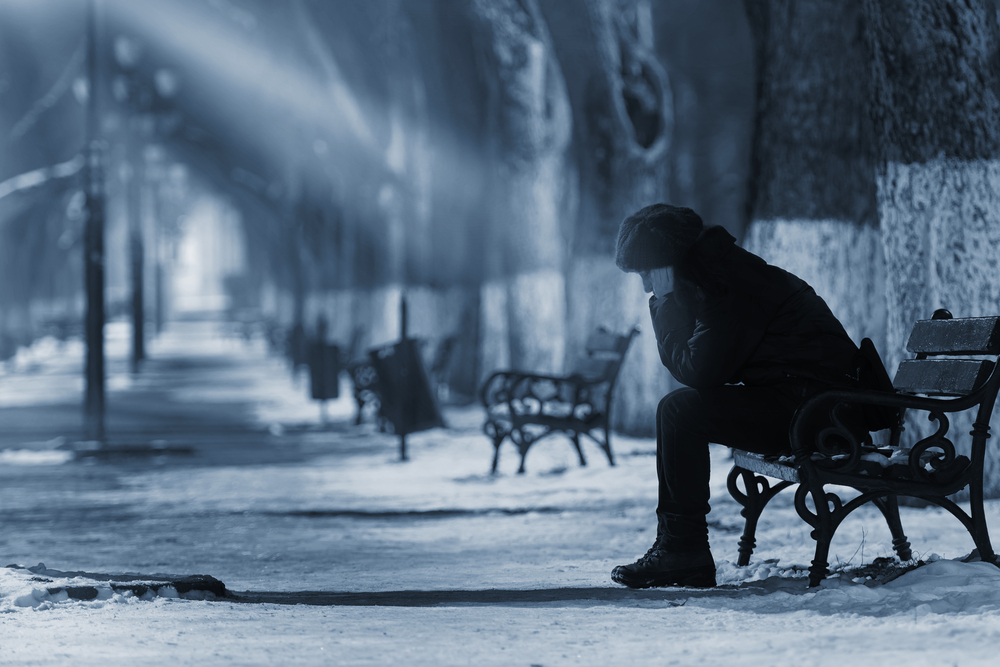






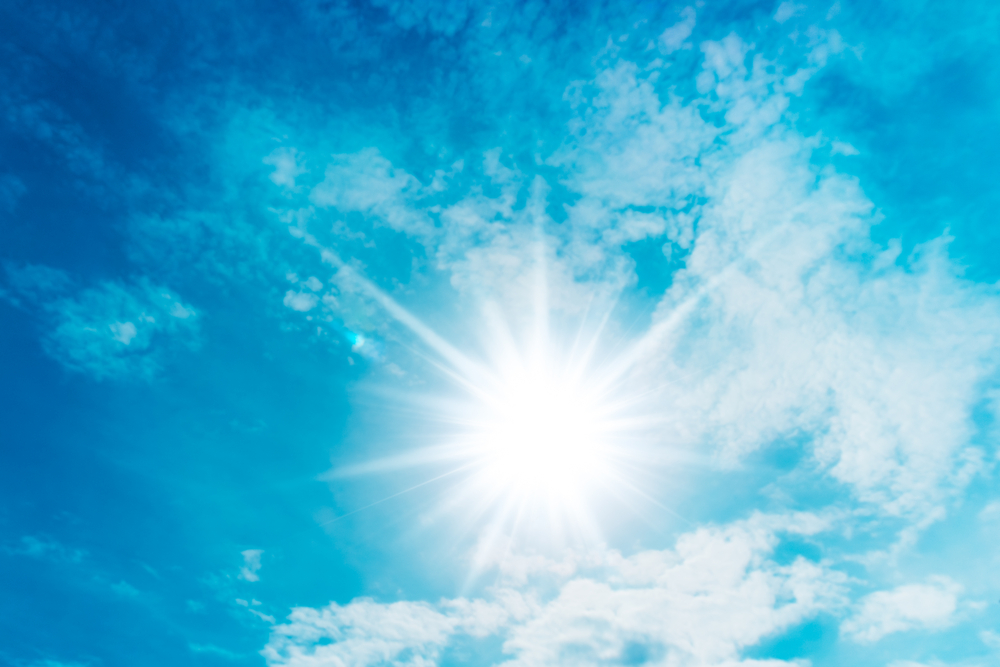


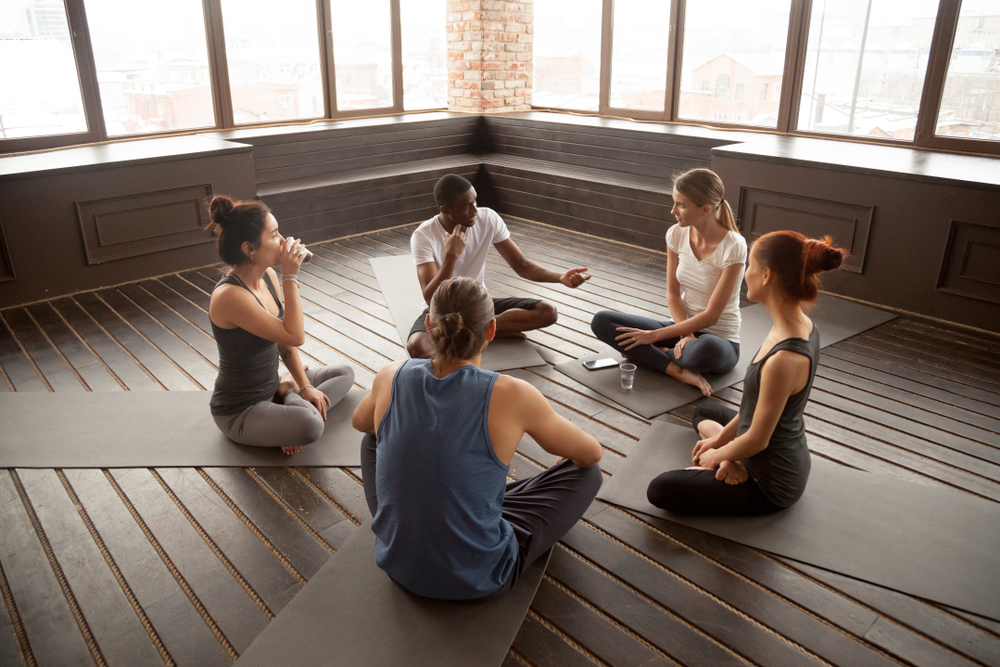
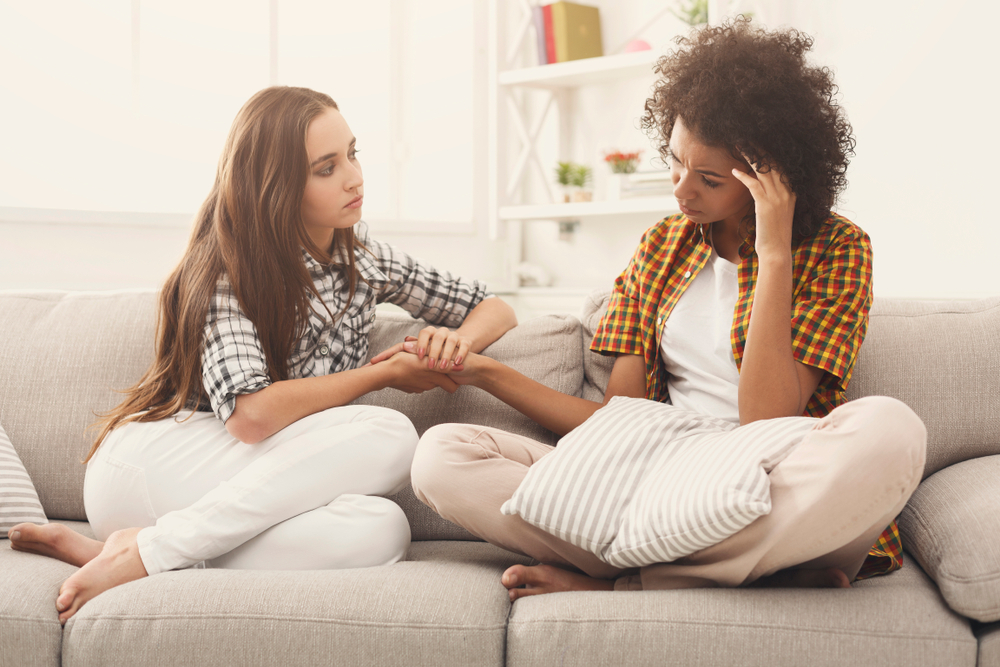
December 21, 2020